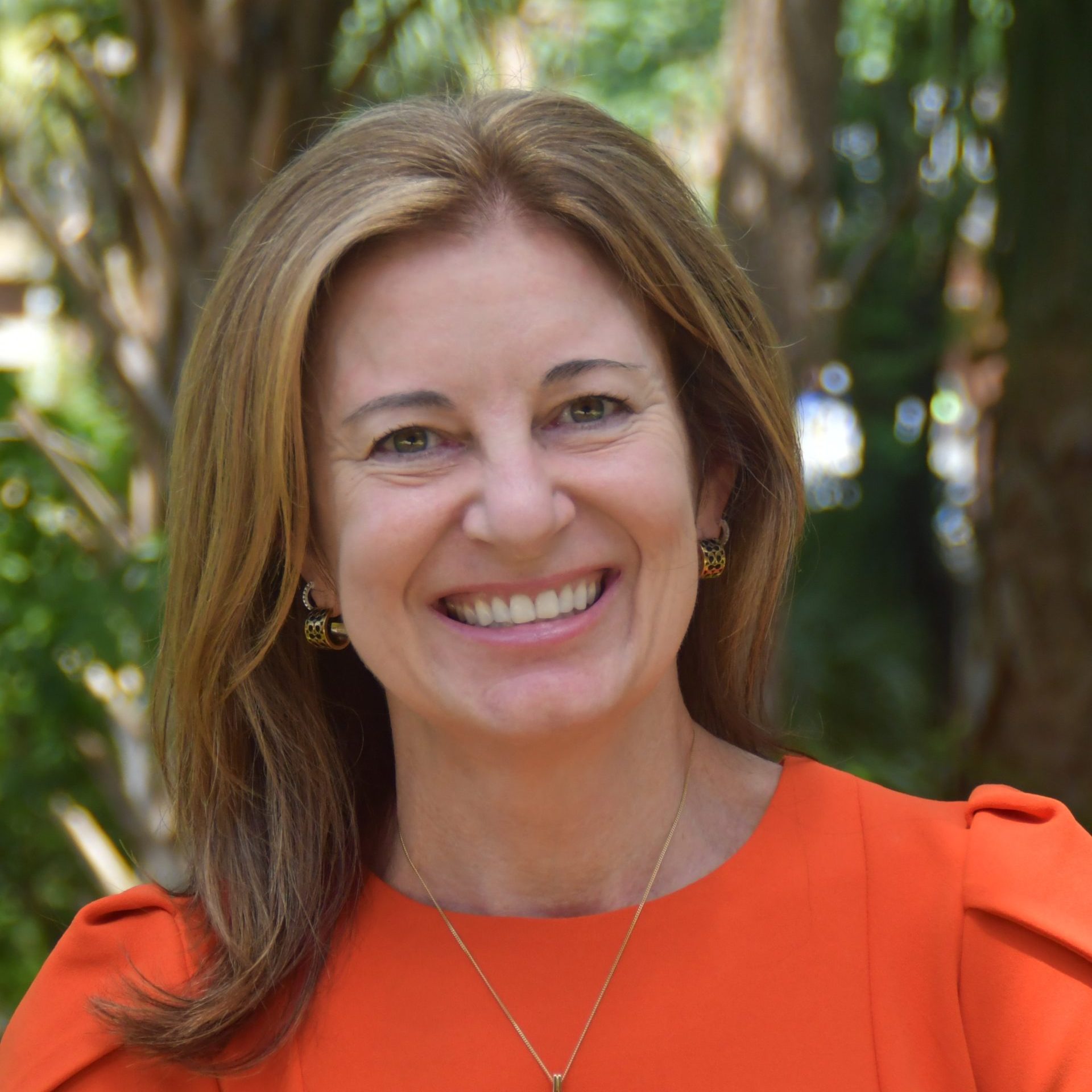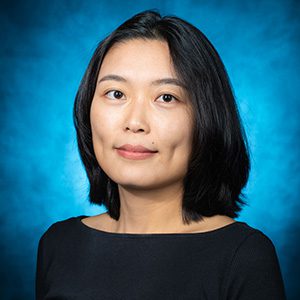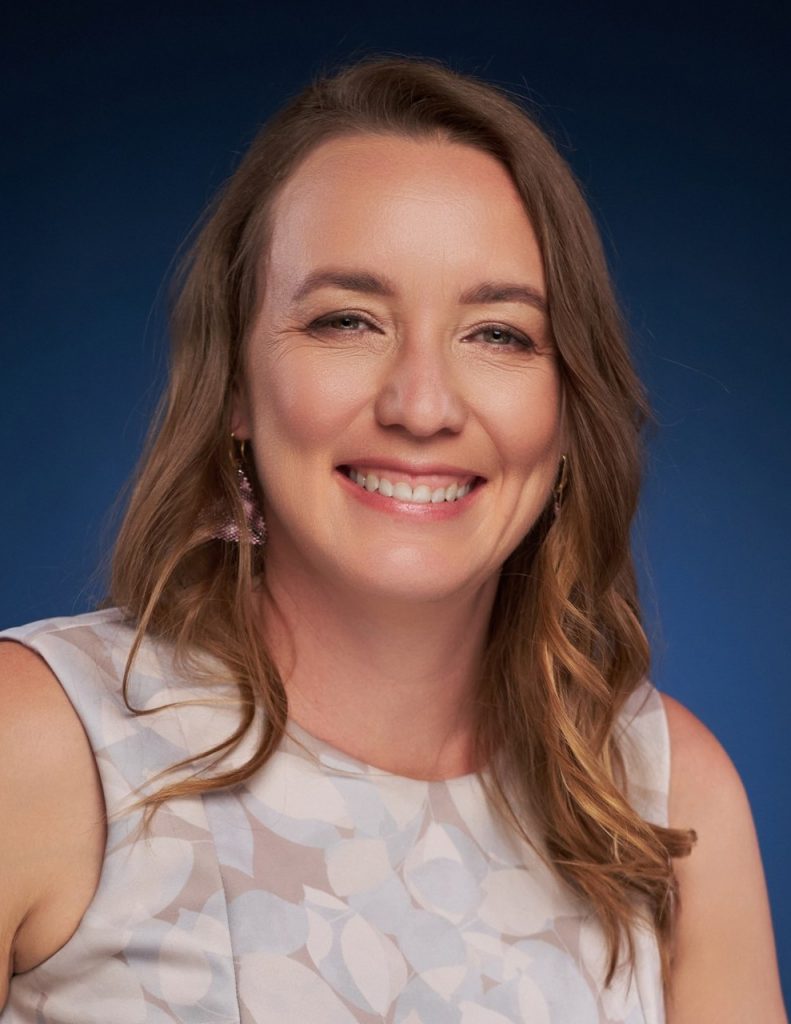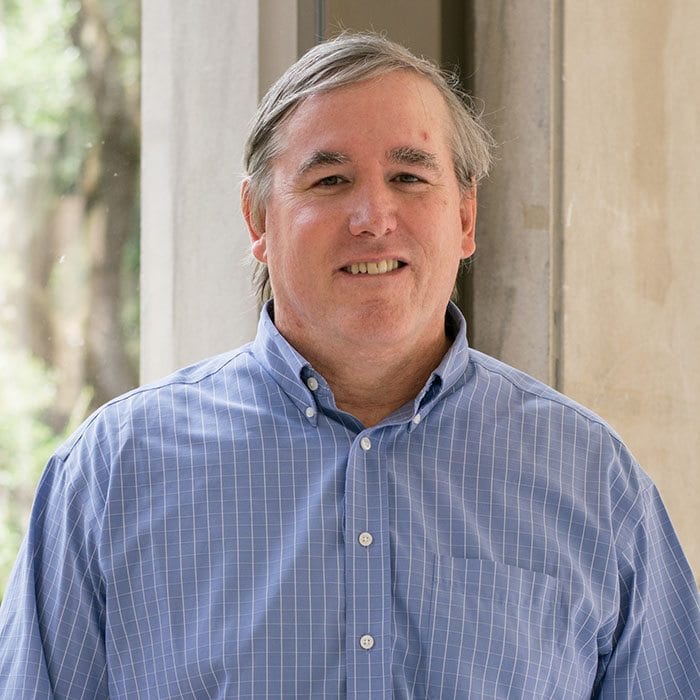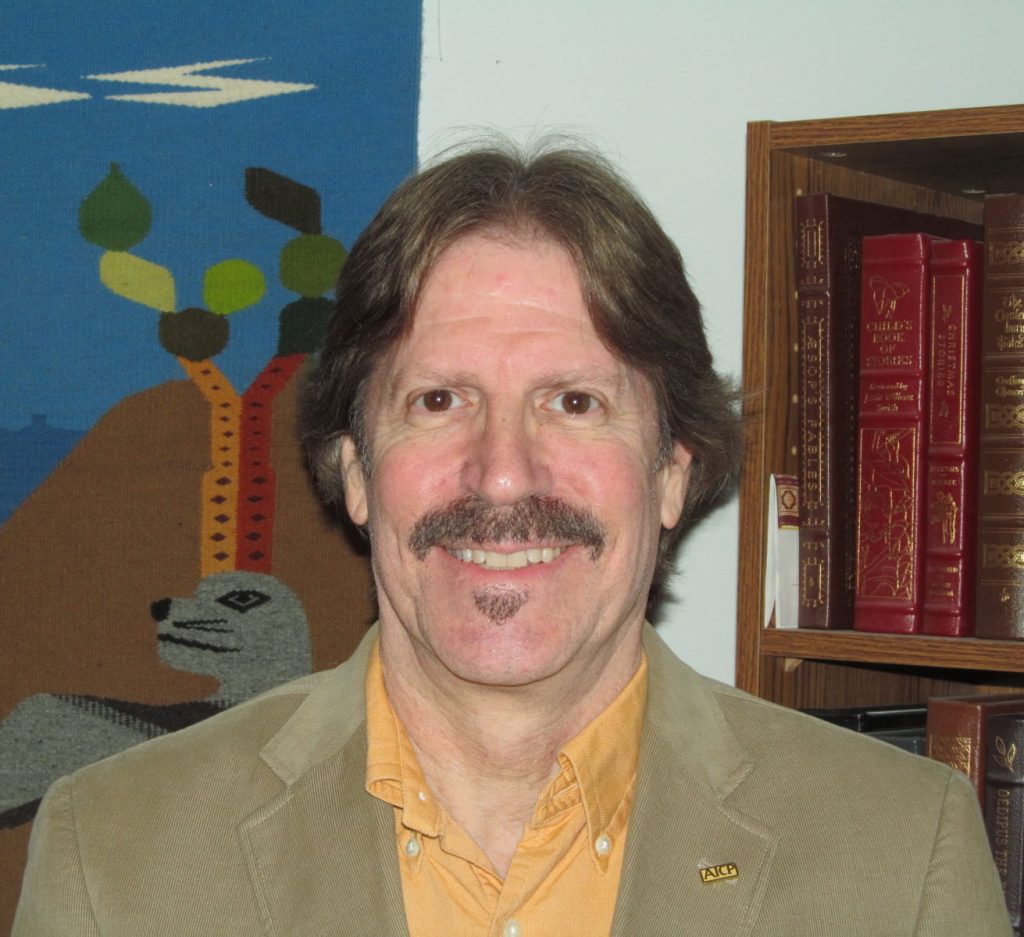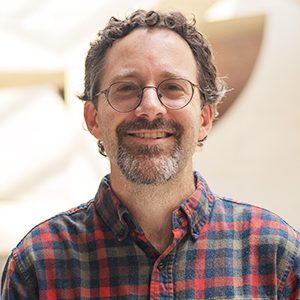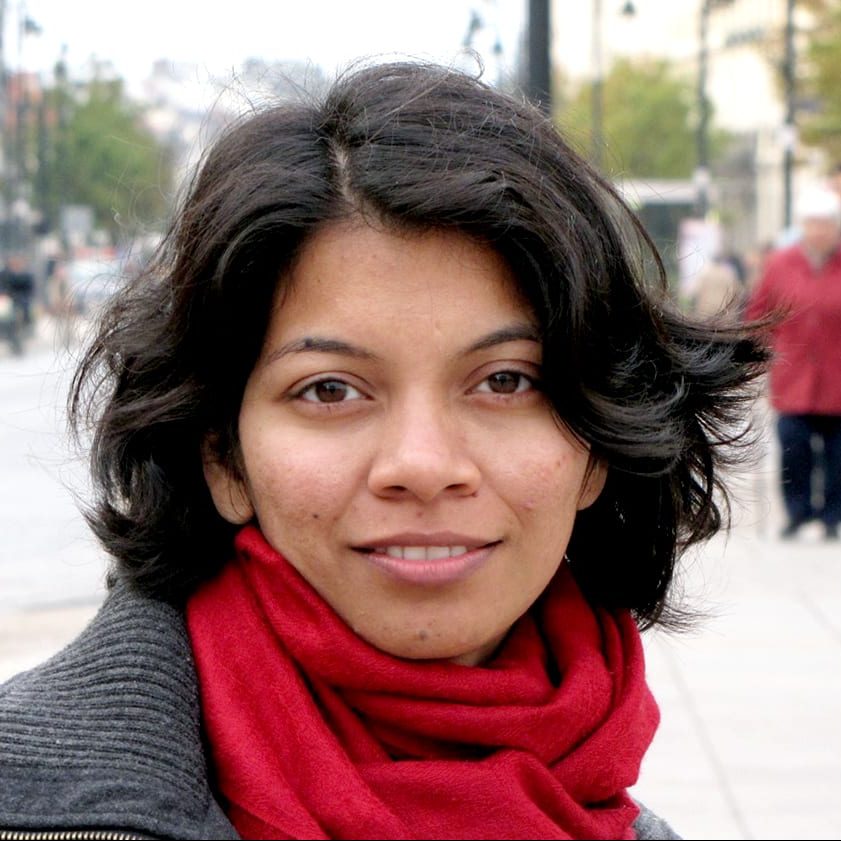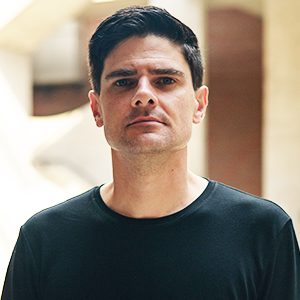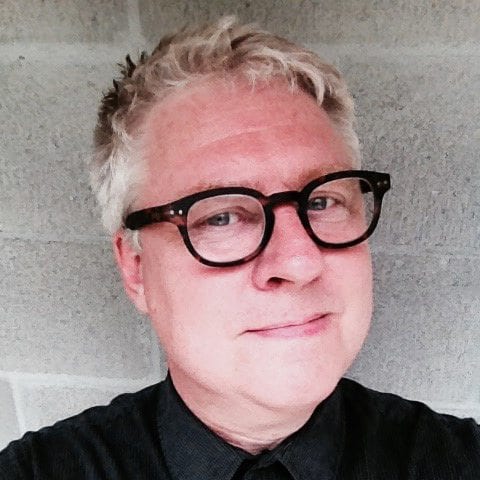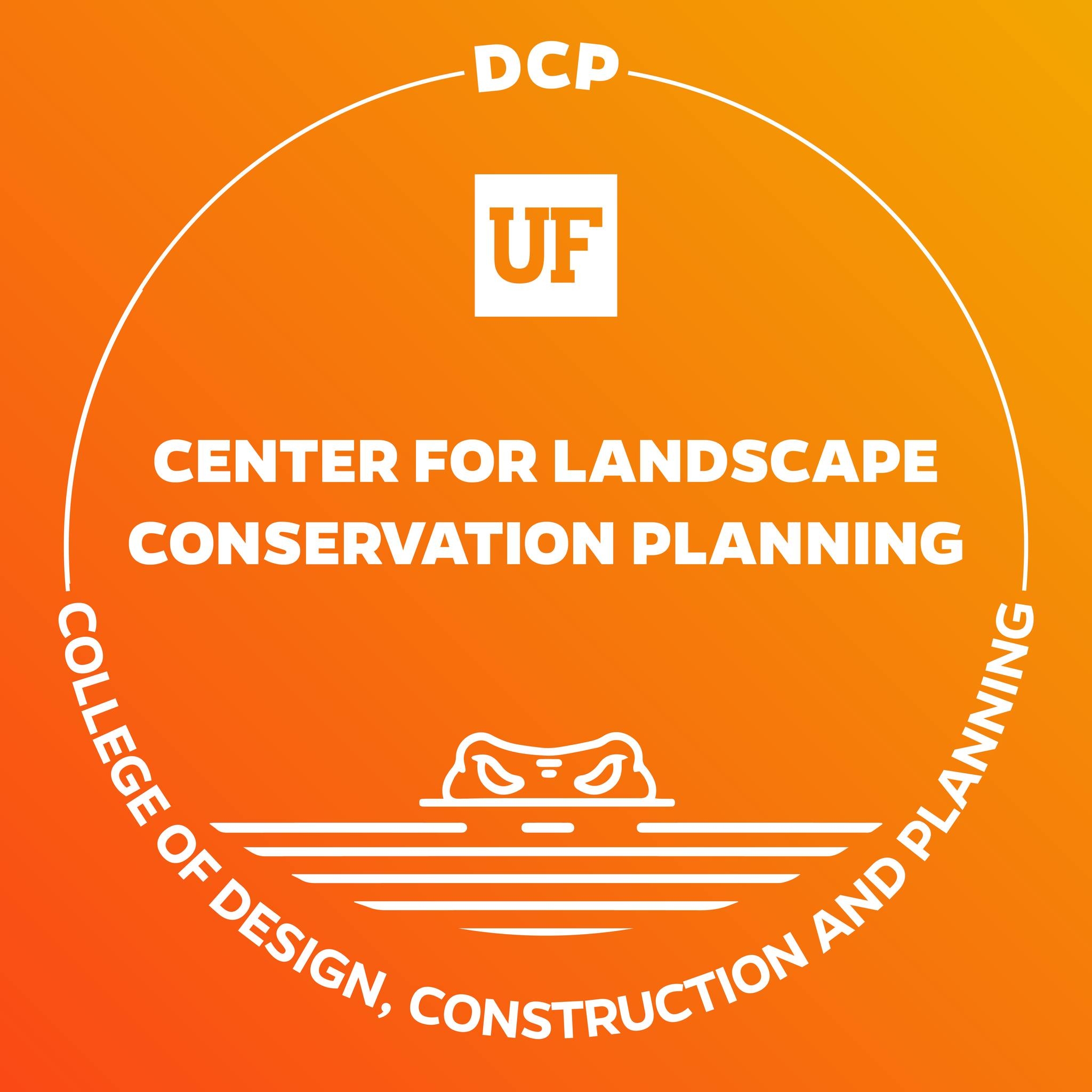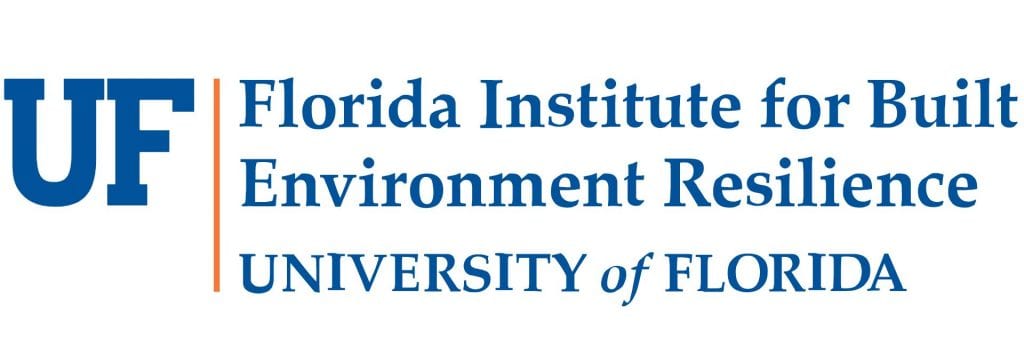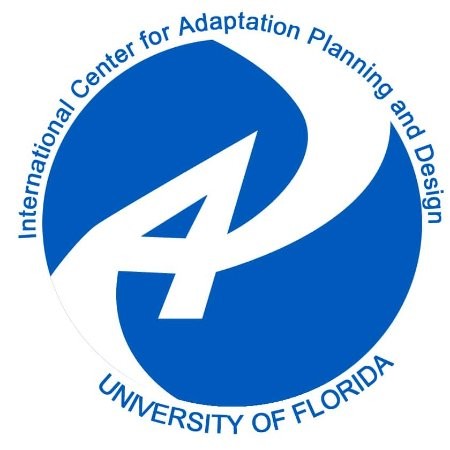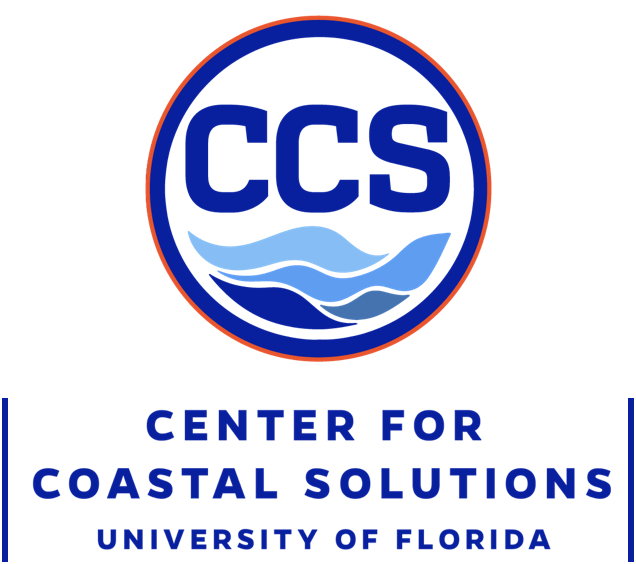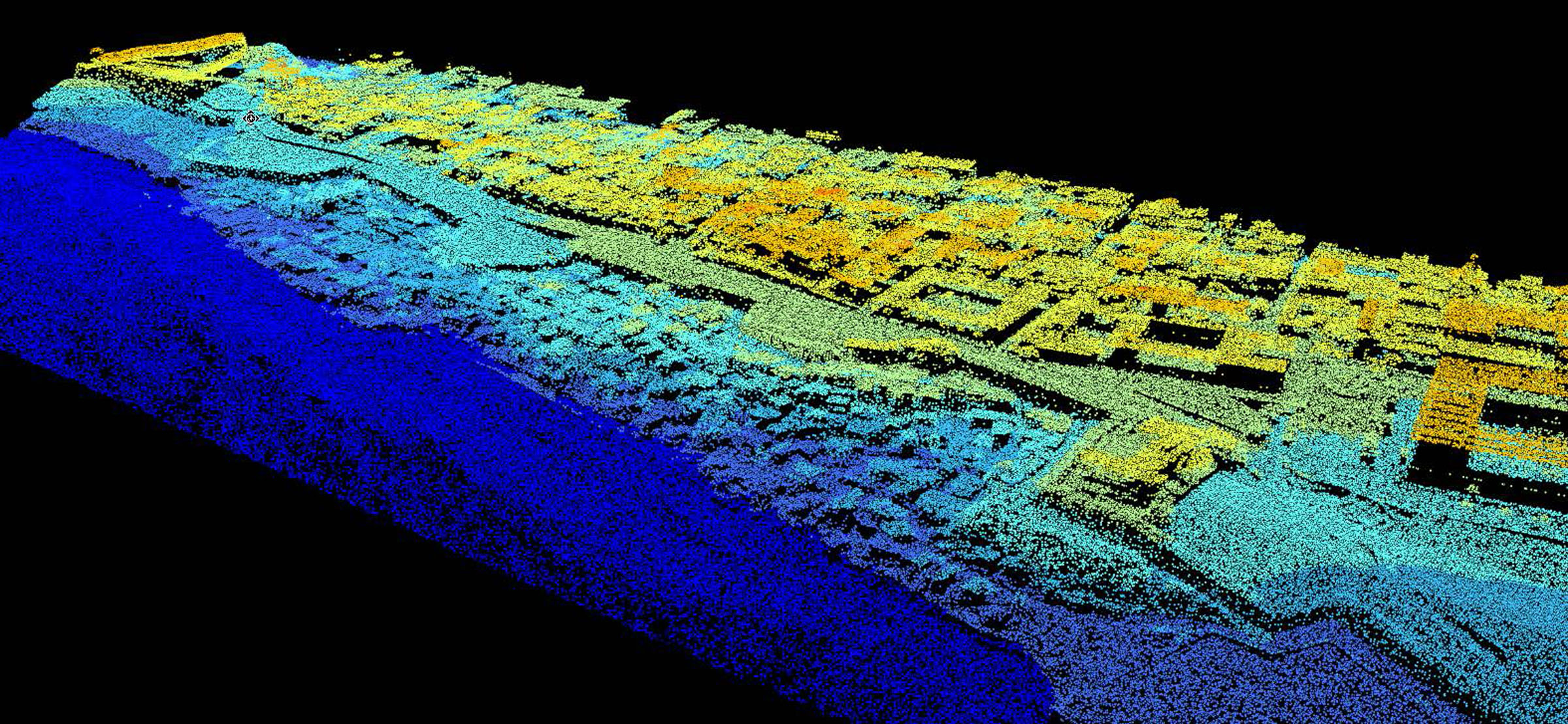
Landscape Architecture Research
A More Sustainable, Healthy, &
Just World
For All
When community stakeholders and advocates, elected officials, government agencies, and environmental coalitions need data and guidance for outdoor spaces, they turn to the experts at the UF Department of Landscape Architecture.
Our researchers actively explore issues related to changing climate, tourism, landscape conservation, tropical and sub-tropical landscapes, coastal community resilience, sustainable landscape infrastructure, and more. Our faculty and students harness the latest technologies, including geographic information systems (GIS), digital twin technology, ethnographic research methods, and artificial intelligence to make new discoveries.
Faculty Research Specializations
Research Connections
Methods of Engagement
Although our primary fields of interest have distinct grounds and goals, our research projects interconnect those distinct fields. We may focus on the same region. We might work with communities and technologies in similar ways. Regardless of our individual field of interest, our work collectively shapes the practice of landscape architecture.
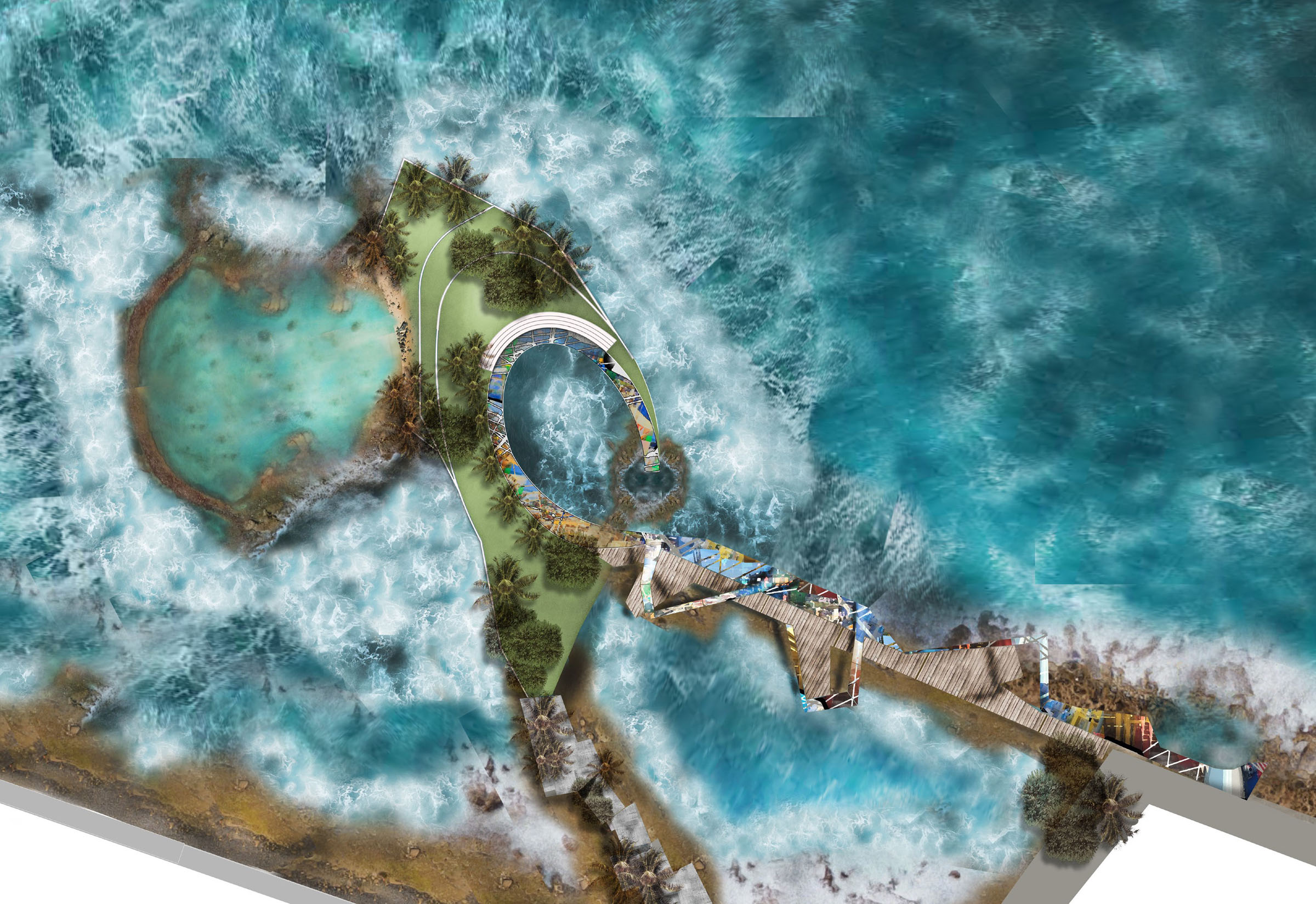
Science, technology, and
artificial intelligence
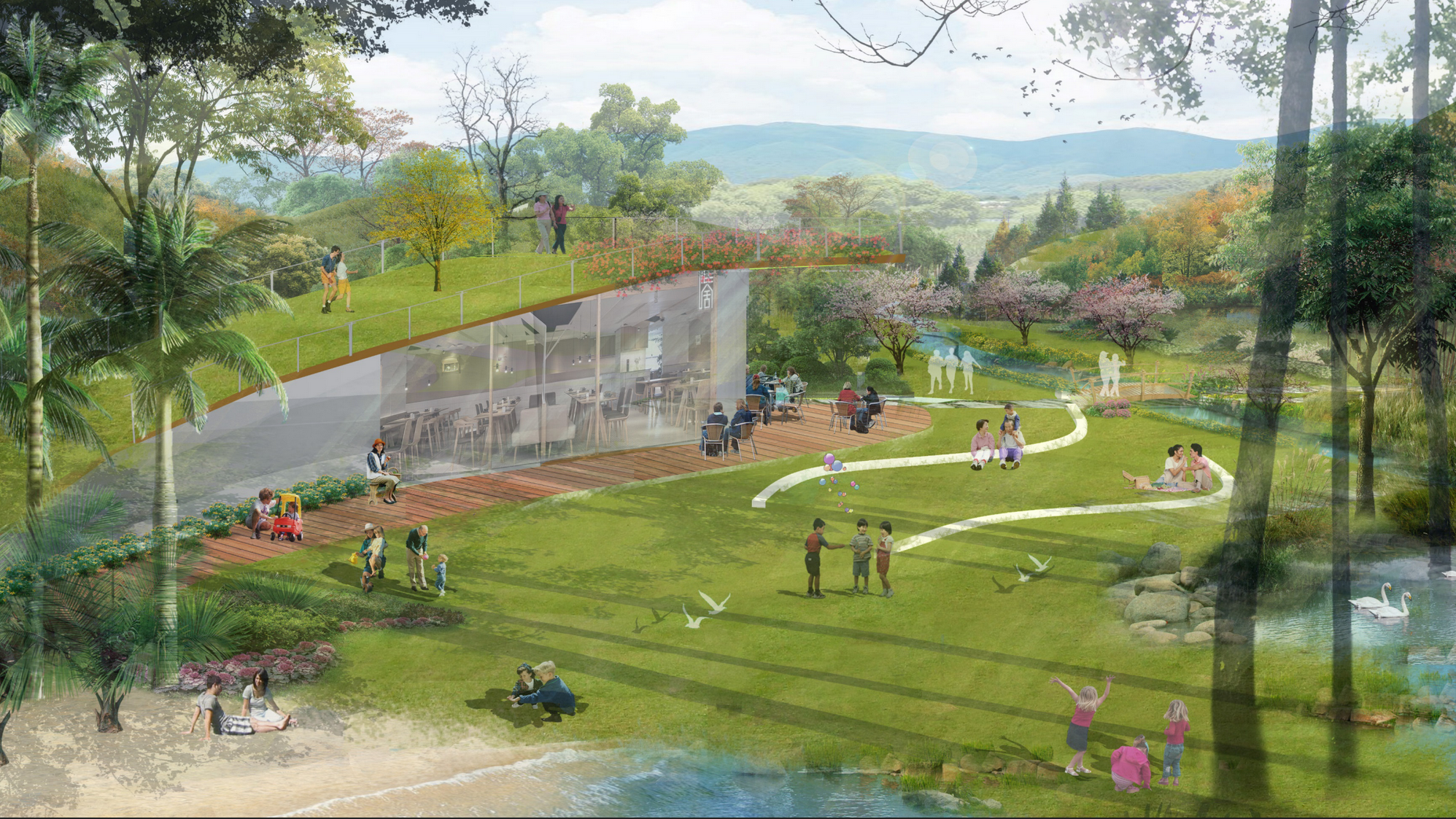
Ethnography and participatory
action research

Design research and design build
Shared Specializations & Methods
Although our primary fields of interest have distinct grounds and goals, our research projects interconnect those distinct fields. We may focus on the same region. We might work with communities and technologies in similar ways. Regardless of our individual field of interest, our work collectively shapes the practice of landscape architecture.
Research Centers: Local Impact, Global Reach
The State of Florida, a microcosm of global concerns, faces complex challenges, including urbanization, an aging population, social justice, tourism, climate change, sea-level rise, and degradation of biodiversity and ecosystem services.
Ph.D. candidates in Landscape Architecture are addressing these issues through research, outreach, collaborations, and partnerships with other departments, colleges, universities, agencies, and non-governmental organizations.
“Some people say Florida’s way too developed to protect these lands. Well, actually, no, it’s not. Here’s the science, and here’s the map.”
Prof. Tom Hoctor
Director, Center for Landscape Conservation & Planning
Faculty Research
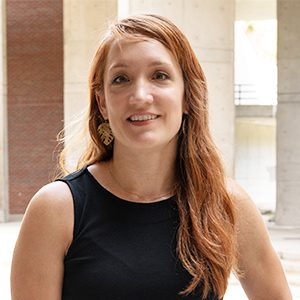
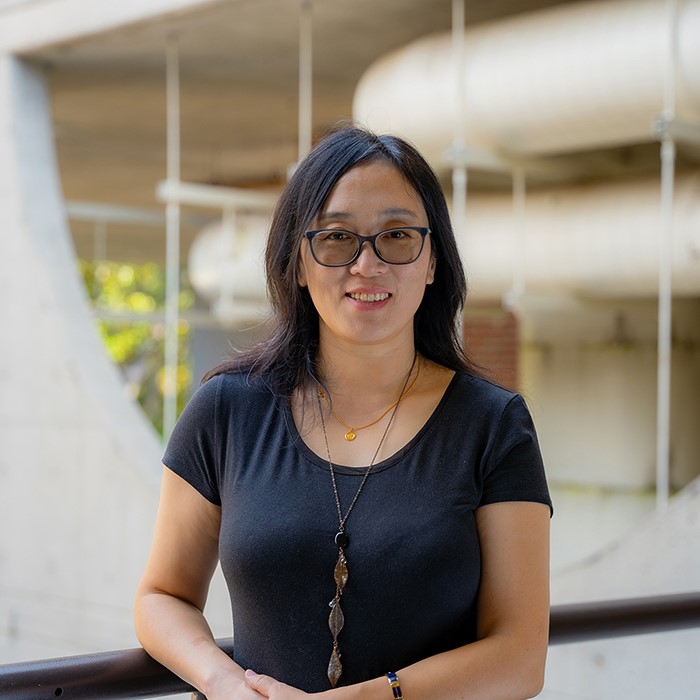
Andrea Galinski, Ph.D.
The Heat + Affordable Housing Network: Exploring Landscapes of Thermal Inequity in the Southeastern U.S.
Developing strategies for healthy and resilient affordable housing, supportive social systems, as well as equitable land use, zoning, and building and urban design that enable communities to flourish in a changing climate. Galinski and an interdisciplinary team of faculty received $100,000 in funding for the project. Supported by the National Oceanic & Atmospheric Administration (NOAA).
Yi Luo, Ph.D.
Post-Occupancy Evaluation for Depot Park
Prof. Yi Luo shares the results of her longitudinal and cross-sectional performance analyses of Gainesville’s Depot Park.
Student Research
Rui Hu, Ph.D. Candidate
Research: Accessibility of Green Space & Childhood Obesity in the USA.
Method: Secondary dataset and applied multiple regression analysis.
Results: Accessibility of neighborhood parks and playgrounds is significantly negative correlated to child obesity (?=-1.002, p<0.001).
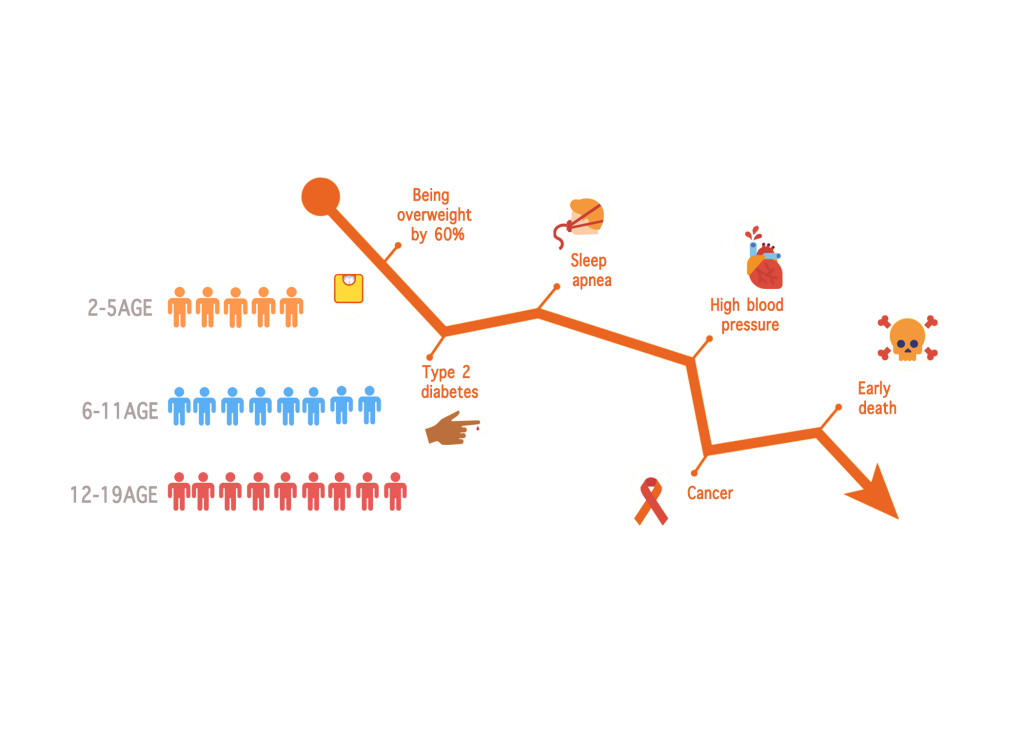
SCHOLARS PROGRAM
University Scholars
Program
Interested in conducting undergraduate research alongside a Landscape Architecture faculty mentor? Each year, seven DCP students are selected for this competitive scholarship.
Contact Us

Jules Bruck
Director, School of Landscape Architecture and PlanningChair, Department of Landscape Architecture

Thomas Hoctor
Associate Research ProfessorDirector, Center for Landscape Conservation Planning
